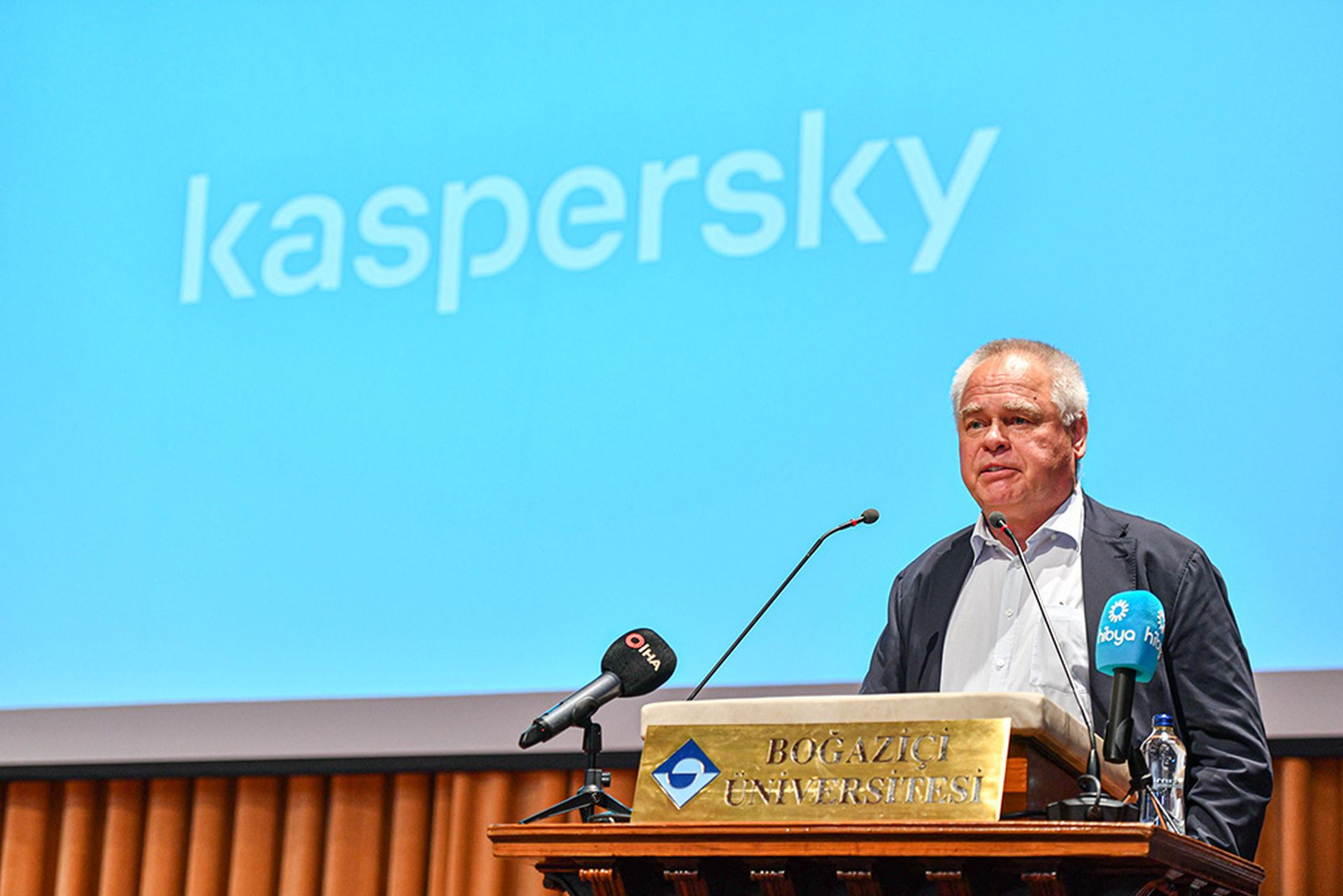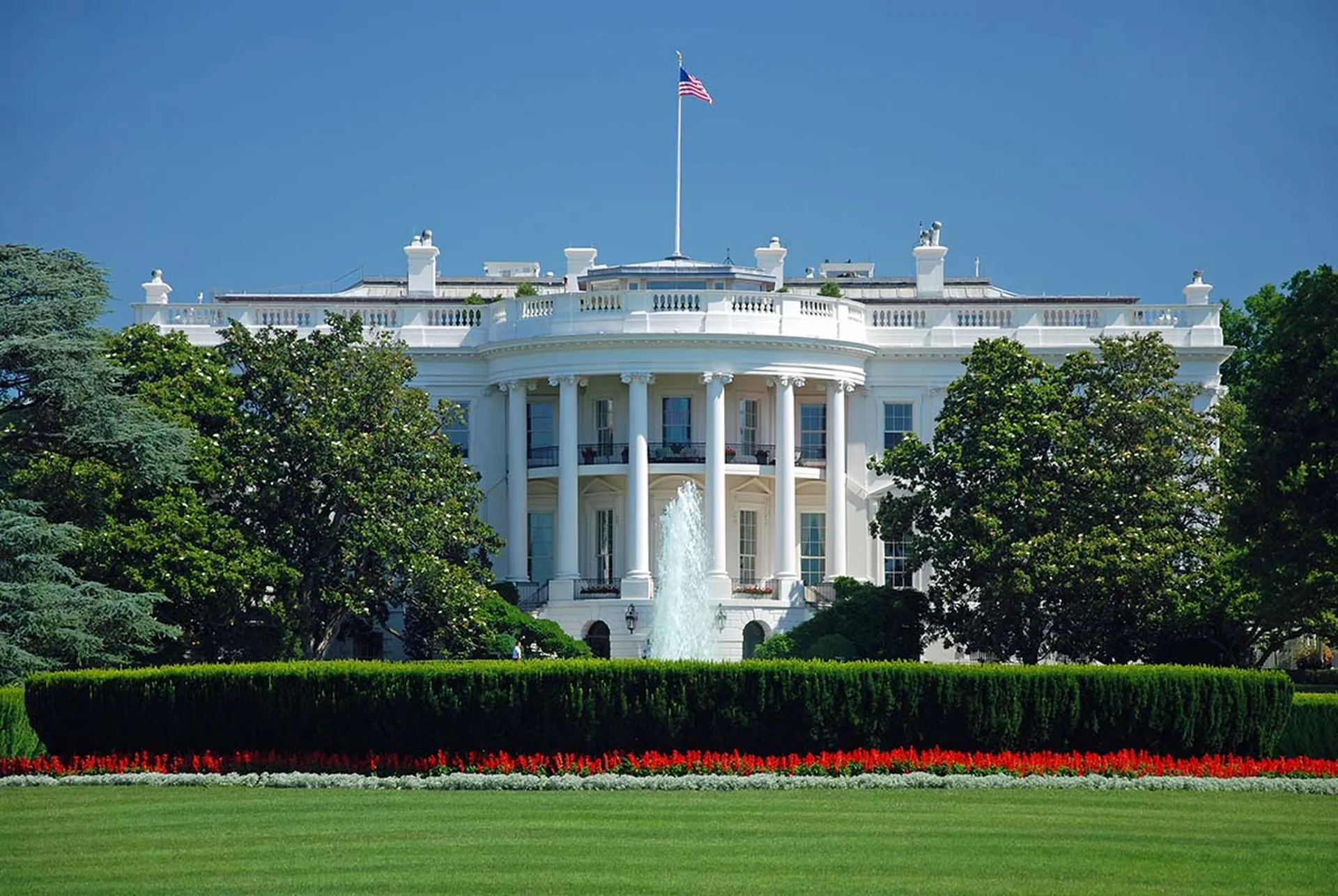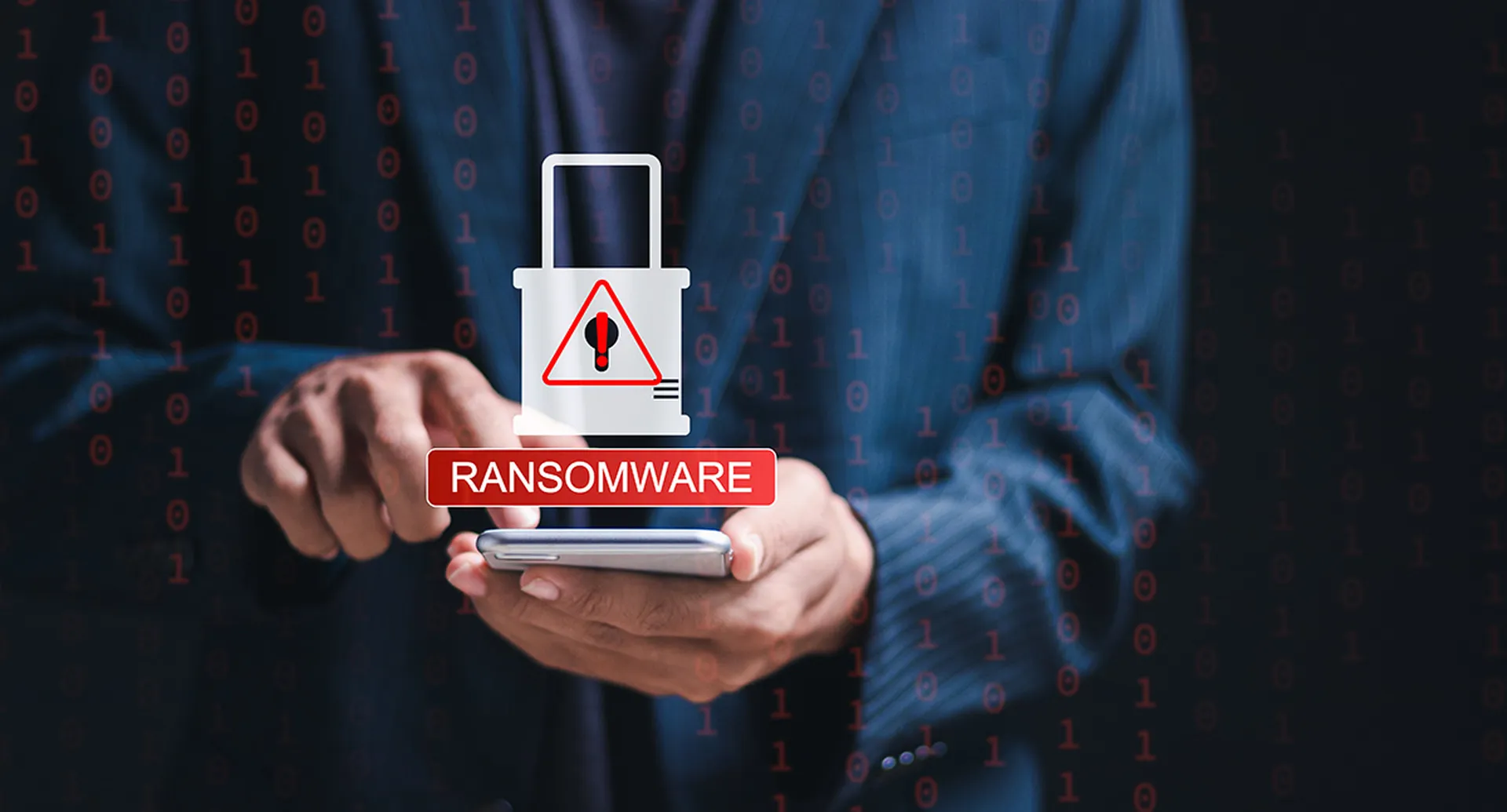Security giant Kaspersky will face a ban in the U.S. on sales of its software products.
A report from Reuters cites sources familiar in reporting that the Biden administration is set to introduce new measures that would bar the import and sales of both Kaspersky-branded software and “white label” products that use Kaspersky software under a different brand name. The company confirmed the report and said it plans to fight the decision.
The ban would take effect at the end of September, or 100 days after formal filing.
Security firm's ties to Moscow feared in software ban
The U.S. government already issued major sanctions on Kaspersky software products, barring federal agencies and contractors from purchasing and deploying its antivirus and security software in 2017.
The row stems from espionage fears related to the rising tensions between the U.S. and Russia. Though Kaspersky operates as an international organization with home offices in the UK and U.S., the company has its roots in Moscow and founder Eugene Kaspersky has ties to the Russian government.
This has led some within the U.S. government to worry that Kaspersky software could be deployed with back doors or other monitoring tools that would potentially allow Kremlin hackers to pull data from systems in other countries.
Kaspersky has long denied any ties to the Russian government or cooperation with any Kremlin espionage efforts.
"Kaspersky believes that the Department of Commerce made its decision based on the present geopolitical climate and theoretical concerns, rather than on a comprehensive evaluation of the integrity of Kaspersky’s products and services," the company told CyberRisk Alliance.
"Kaspersky does not engage in activities which threaten U.S. national security and, in fact, has made significant contributions with its reporting and protection from a variety of threat actors that targeted U.S. interests and allies."

The announcement comes as tensions between the two nations are heating up due to matters that have nothing to do with the information security or enterprise technology network. This week, Russia and North Korea held a summit that resulted in a mutual defense treaty. Russia thumbed its nose at the U.S. earlier in June by steering a small fleet of navy vessels off the coast of Florida.
While a sales ban in the U.S. would be a significant blow to Kaspersky’s bottom line, it would likely be one the company could survive.
In addition to continuing to sell its software outside of the U.S., Kaspersky maintains extensive consultancy and security research services that, as of now, would not be subject to any of the current or proposed sanctions and sales bans.
Those operations are said to make up a significant portion of the company’s revenues and, while they would likely not make up the loss in U.S. sales, would still maintain Kaspersky’s status as a major player in the security market.




